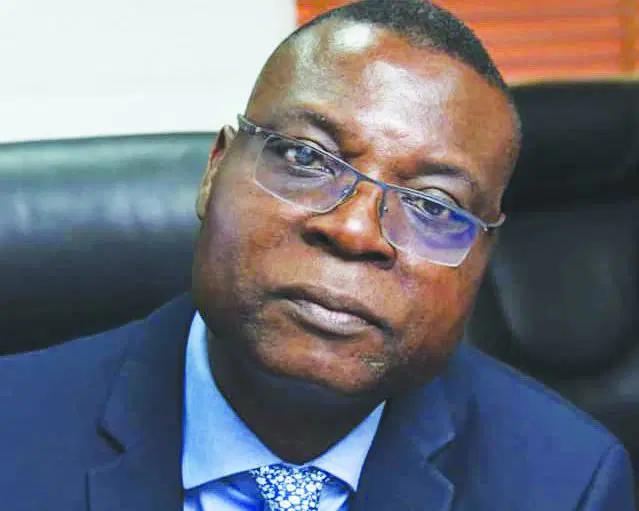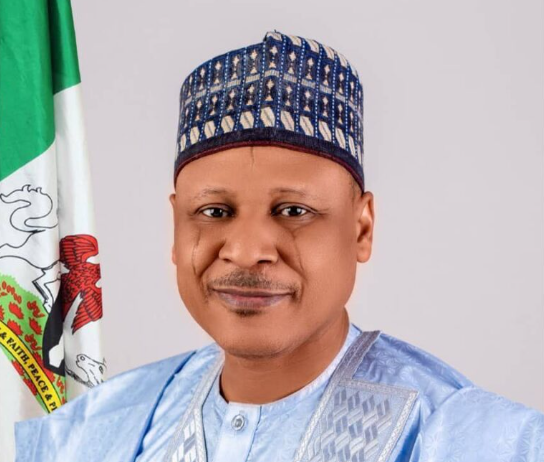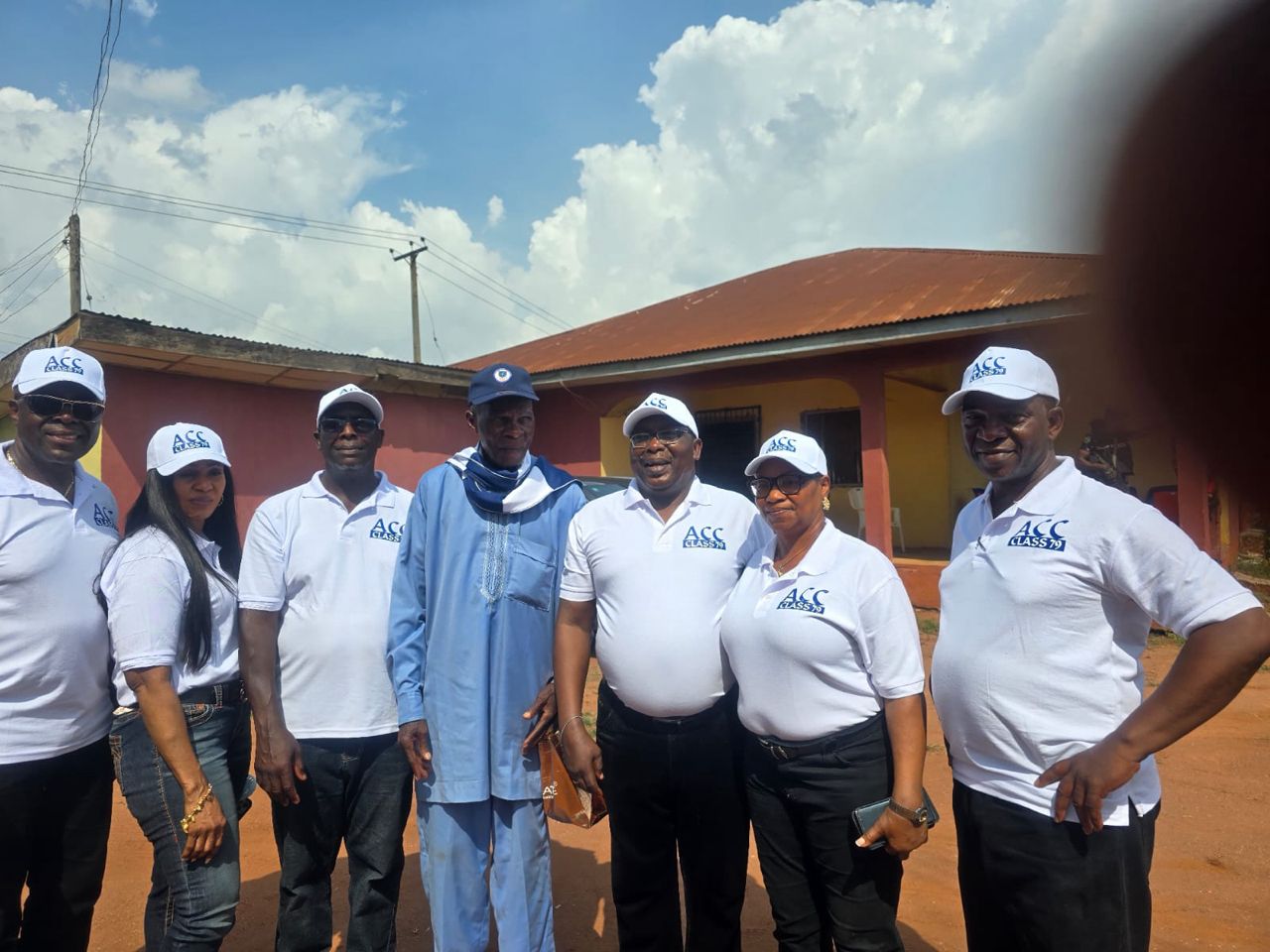Major Pay-TV service provider, MultiChoice, is in a situation that needs careful understanding and sorting without emotional recriminations. The fortunes are plummeting and that is not a good testimony for a business that was for a time a valued corporate ambassador for the nation’s business ecosystem.
Fortunately, it is not all gloom. As they say, the light at the end of the tunnel may shine even brighter.
Before the annual report last week, there have been talks about Canal+ acquiring the organisation, which is a good story, because current owners may make some good money and it also means that the new owners may inject some new investment to transform its operations. These are conjectures that may prove positive in the long run.
With $1.96bn on the table by December last year for every MultiChoice share it doesn’t currently own, Canal+, the Vivendi owned company, based in France, is a few regulatory steps away from taking full control of the South African broadcaster. Merger and acquisition always smell very good if it’s a win-win for all parties.
But last week wasn’t about a win-win situation. It was a reality check for the organisation trying to prevent panic in the pay-TV market. According to the annual report, revenue by MultiChoice Nigeria, went down by 44 percent to $197.74m in the financial year ending March 2025, from $355.93m recorded the previous year due to rising inflation and worsening economic climate, which also triggered a mass exit of subscribers.
The economic pressure is on everybody apart from politicians who are in the best business ever. Inflation stood at 23.71 percent in April 2025, according to the National Bureau of Statistics (NBS).
Across the African market, MultiChoice lost 1.8m subscribers with Nigeria accounting for 77 percent, which translates to 1.4m subscribers, since its financial year which ended in March 2023. Just within a space of two years.
In the subscription market, this is a very bad story in all ramifications. The dim summary is that MultiChoice is haemorrhaging and we don’t need to gloat over it. I have read a few things of people saying this is well deserved by the organisation which they accuse of fleecing subscribers. Quite a few in bad faith also hint at the subtle rivalry between Nigeria and South Africa, adding with a little smirk that MultiChoice can now see the importance of the Nigerian market.
My elders would always say, it is cruel when you continue to hit a man that is already on the ground, helpless. Thankfully, MultiChoice isn’t totally helpless yet. The financial figures are in the public space because it is a quoted organisation. There are many organisations in Nigeria at various stages of atrophy but are silent in death pangs carrying their secrets with them.
In clear irony, the Multichoice story is a true reflection of the Nigerian economy, which has very little to do with people dumping Multichoice in protest, although that could be a marginal factor. The economy isn’t kind to anybody. Those who felt safe before are suddenly finding themselves in want.
There are several conversations going on at various levels – in homes, between couples, between parents and children, and between friends, about television entertainment and the urgency to attend to the overriding needs of life, including: feeding, school fees, healthcare and just anything to hold on to life. While there is total insecurity in some places, others don’t have electricity for months.
People are not thinking of Multichoice; they are thinking of survival, just to hold on till grandiose ideas conceived by politicians can begin to distill into individual benefits. The present situation in Nigeria is wrapped into the phrase, “rising inflation and worsening economic climate.” The phrase also captures the reality of people living in the margins.
Calvo Mawela, Chief Executive Officer, MultiChoice Group, also looked at the brighter side of business when he informed during the presentation that DSTV Internet revenue rose by 85 percent, KingMakers grew by 76 percent, DSTV Stream increased by 48 percent, while Showmax saw 44 percent year-on-year rise in active paying customers.
“Our strategy is shaped by developments in our industry, such as changes in technology which are driving shifts in customer behaviour, as well as the impact of a rise in piracy, streaming services, and social media,” he informed.
Hitting the nail on the head is cliche but that is what Mawela has done. Modern TV entertainment is not in competition with other operators but more with new technologies, including over-the-top (OTT) operations and internet streaming services, behavioural changes across age demographics, and infinite capacity for service regeneration.
He was therefore on the right track when he announced that MultiChoice is considering floating a sports only package in order to boost subscription uptake.
“As part of our product offering, we have always had this project that we ran every year where we look at our packaging structures, similar to what Sky did some years back where they had a basic package, they had a sports package on the side (and) they had a general entertainment package on the side,” Mawela said as he tried to find a path to the future by looking at the past.
That is what service regeneration is all about. Modern technologies allow organisations to monitor consumer behaviour and patterns real time and be able to target them with product design and even individual specific adverts. There is no doubt that a sports only package will be a major hit if there is good pricing creativity.
Irdeto – global company specialising in digital platform security, particularly for video entertainment, video games, and connected industries – suggests that any pay-TV which wants to win back its audience from other entertainment platforms or grow them should consider the following measures: Adopt a hybrid model; Secure your access to offer premium content; Keep your audience’s attention with personalised content; Offer choice with attractive payment model; and Extend the reach of your features.
There is no doubt that Multichoice already knows the above and has more information on how to grow its business, but where it has failed inexorably in the past is the payment model which has angered quite a number of its subscribers in Nigeria. They believe that Multichoice is taking advantage of, or simply just fleecing them. There is the need to assuage this thought pattern.
There is another matter. There is an insufferable arrogance around Multichoice which is not only irritating but, one can argue, blinds the organisation from taking some basic decisions that can stir it away from trouble.
For instance, MultiChoice has a case with the EFCC concerning the amount paid as annual operating levy to the National Broadcasting Commission (NBC), 21/2 percent on income – whether it’s on gross or after tax. Some little details that can be sorted without anybody getting hurt. But on this matter, former directors of the Commission are being invited to explain their roles in taking a decision they thought they were empowered by the NBC Act to take as a regulatory agency.
Would it matter here to state that for years, MultiChoice was the only organisation in the broadcast industry making the payment and joined momentarily by Startimes? There are ways to get around regulatory hurdles without infusing the kind of language that hurts or without being contemptible.
MultiChoice has to deal with the rising tide of new technologies to enjoy a business renaissance. It has to send the right communications to stem the anger welling up in the people. The organisation must also manage its corporate pride. It is not only irritating but also attracts unnecessary attention to its operations.




